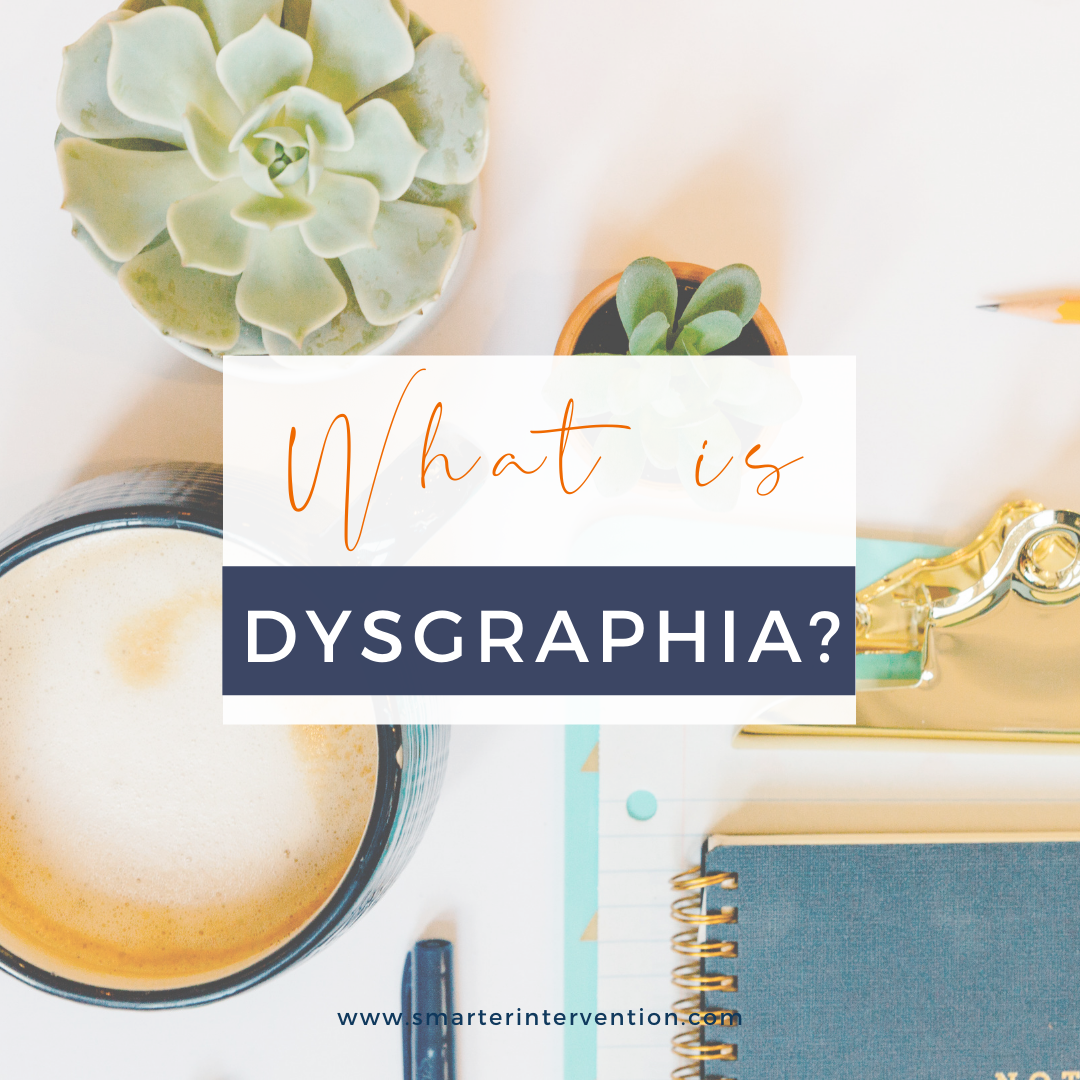Science-based literacy resources and articles
for families, educators and schools
Search by Category:
Categories
- Advocacy
- Business
- Comprehension
- Data Tracking
- Differentiation
- Dyslexia
- Evaluation and Assessment
- Executive Functioning
- Games & Activities
- Helping My Child At Home
- IEP/504 Plan
- Lesson Planning
- Math
- Online Intervention
- Organization
- Parents
- Phonics
- Phonological Awareness
- Reading Fluency
- Research
- SLP
- Spelling
- Vocabulary
- Writing
How to Interpret Evaluation Results
Today we wanted to take a little time to discuss how to interpret evaluation results, specifically how to determine whether a students standardized, norm-referenced test scores fall within the average range.
When we look at interpreting evaluation results, there are a number of things we need to consider but the first thing we absolutely must consider is whether scores are falling into an expected area or not. This requires that we go back to our statistics class in understanding the standard bell curve.
What is Dyscalculia?
Dyscalculia (dis-cal-Q-lee-uh) is another term that is used synonymously with Specific Mathematics Disorder.
Basically, it can be used to describe a student or adult who struggles with mathematic concepts and their foundational constructs. When we consider dyscalculia, we have to think about all the requirements of mathematics. Mathematics requires an incredibly complex set of skills that require multiple connections in the brain to come together quickly.
What is Dysgraphia?
Dysgraphia is another term that is used synonymously with Disorder of Written Expression.
Basically, it can be used to describe a student or adult who struggles producing written content for a number of specific reasons.
When we consider dysgraphia, we have to think about all the requirements of writing. Writing is an incredibly complex task that requires multiple connections in the brain to come together quickly.
Discovering a Learning Disability
The best place to begin is to identify indicators of a potential learning problem. Think about it this way; if you have a student who has average to superior intelligence, has intact sensory perception (e.g., ability to see words on the paper and hear words) and has been instructed in reading and writing by a competent teacher for months or years, but is demonstrating a significant discrepancy between their IQ and their academic achievement, it is time for an evaluation.





